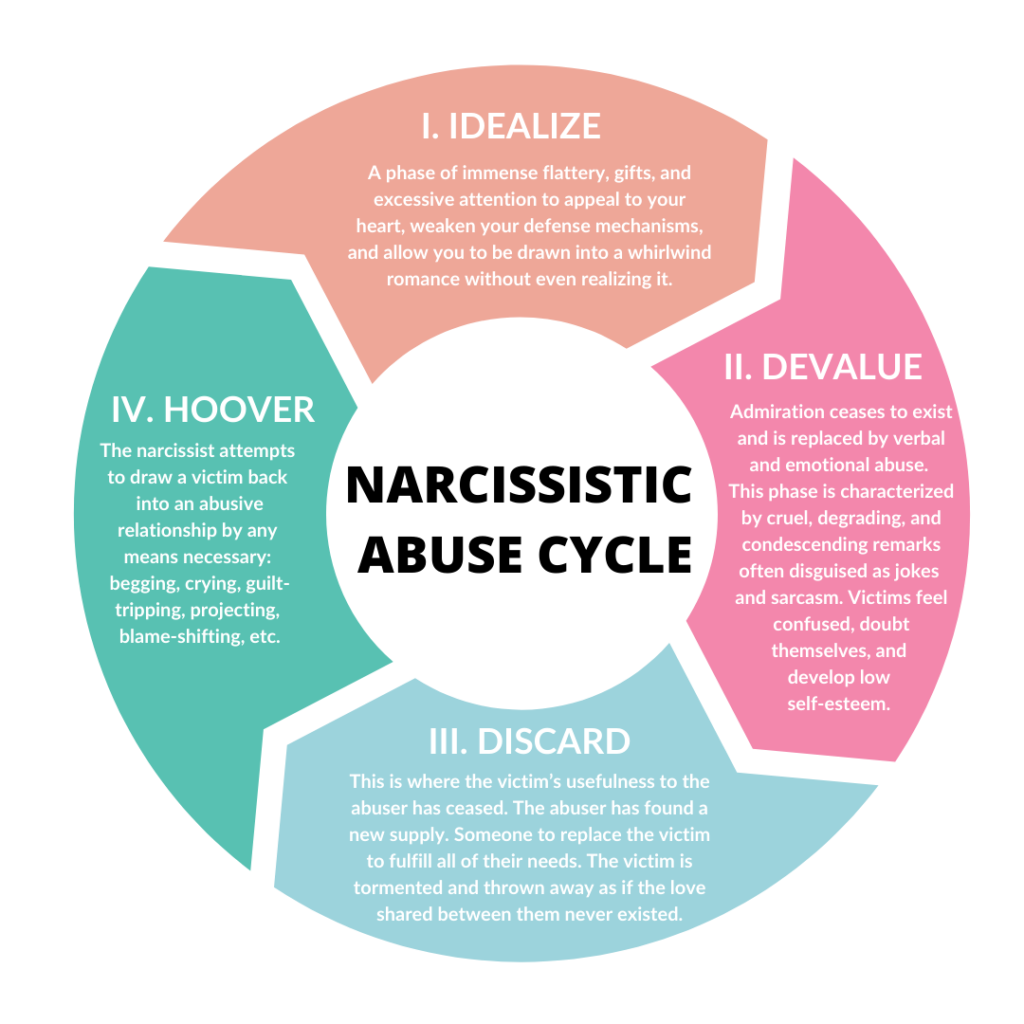Dealing with a narcissist can feel like walking through a minefield. The manipulation, gaslighting, and emotional abuse can leave you feeling powerless and lost. But know this—you are not alone. Many have walked this path before you and have found ways to not only survive but thrive. This blog aims to guide you through recognizing narcissistic behavior, setting boundaries, and rebuilding your life post-abuse.
The first step in dealing with a narcissist is recognizing the signs. Narcissists often exhibit:
Understanding these traits can help you see through their manipulative tactics and realize the impact on your mental health. I remember the moment I realized I was in a narcissistic relationship. The constant belittling and manipulation had become my new normal. It wasn’t until a close friend pointed out the patterns that I began to see the truth. The emotional toll was immense—I felt trapped and doubted my reality every single day.

Boundaries are your best defense against a narcissist. Here are some strategies:
Isolation is a common tactic used by narcissists to control their victims. Developing a support network can provide validation and guidance during this challenging time.
After recognizing my situation, the first thing I did was reconnect with old friends. Their support was a game-changer. It felt like a weight was lifted off my shoulders knowing I had people who believed in me.
Rebuilding self-esteem and confidence is crucial for recovery. Here are some self-care tips:
Healing from narcissistic abuse often requires professional intervention. Therapists can help you:

If you’re a victim of narcissistic abuse or a survivor seeking to reclaim your life, consider consulting a narcissistic abuse recovery coach. Professional guidance can provide the tools and support needed to heal and thrive. You’re not alone; help is available.

“The narcissist’s behavior appears to be very unpredictable when you are under their spell. When you step away and educate yourself on narcissism, you will see they are the most predictable bunch of people on this planet.” — Unknown
Healing from a narcissistic relationship is a complex, multifaceted process, but it’s entirely possible. By recognizing the signs, setting boundaries, building a support network, practicing self-care, seeking professional help, and sharing your story, you can reclaim your life and move forward stronger than before.
Are you ready to start your healing journey? Book a consultation with our specialists today. Let’s take this first step together.

Colloboration Inquiries:
What’s The Fear LLC is an active member of the community and wants to help promote and participate in impactful projects.
Client Support:
What’s The Fear LLC is dedicated to responding to your questions, concerns and feedback in a timely manner.
Copyright © 2024 WhatsTheFear LLC | Unlimited Personal Growth